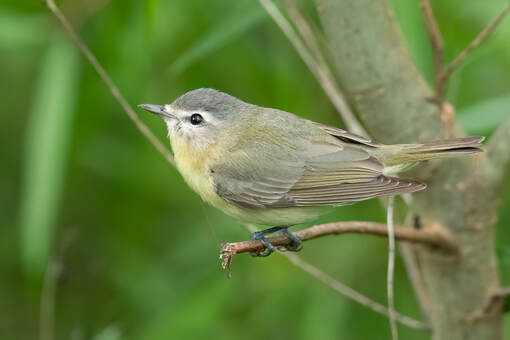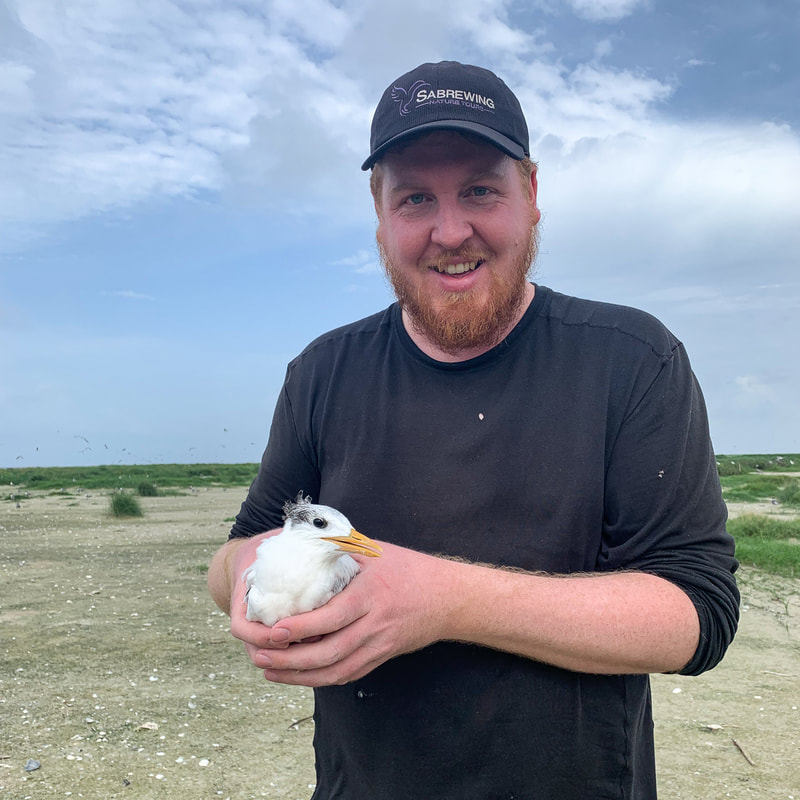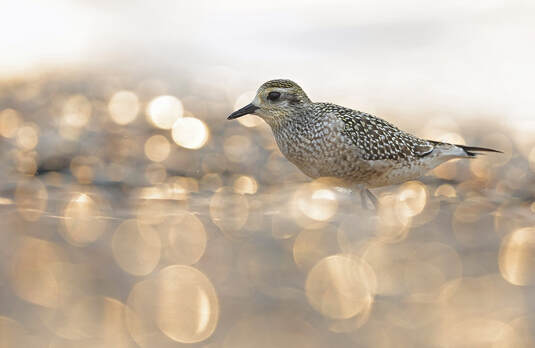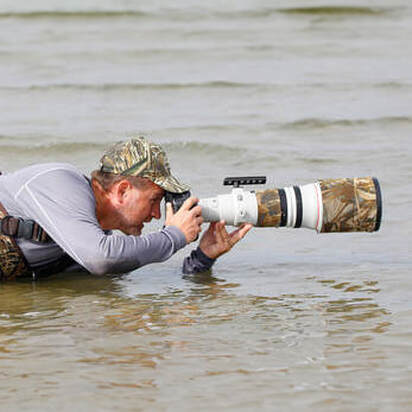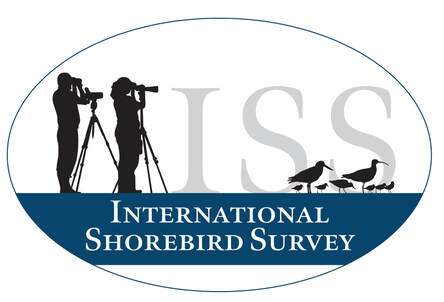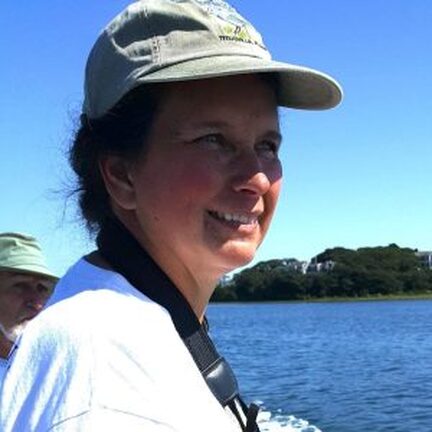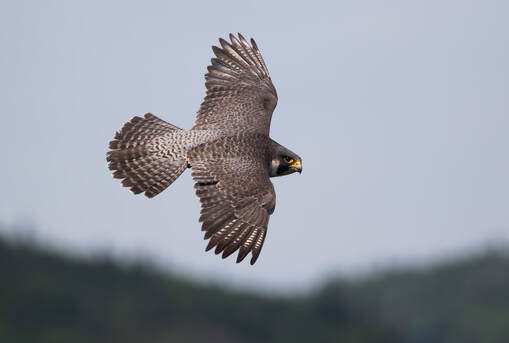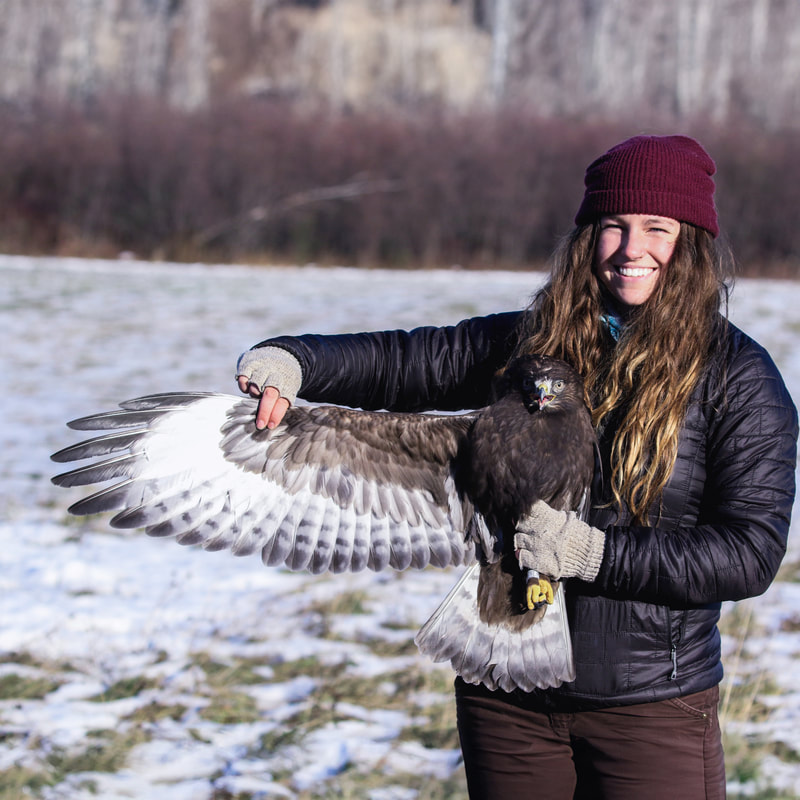2024 ADVANCED WORKSHOPS
Thank you for an amazing 2024 festival! Please sign up for our emails to be the first to learn about 2025 details!
The following information is based on the 2024 festival.
The following information is based on the 2024 festival.
Subscribe to the Biggest Week eNews for all the latest updates on 2025!
Eastern Vireos and their lookalikes
|
Presented by Eric Ripma
Date: Sunday, May 5 Time: 11:30 a.m. -12:30 p.m. Location: Ottawa National Wildlife Refuge Fee: $10 Registration Required: Yes Do you want to learn how to identify the vireos of the eastern United States? In this program we'll cover the identification of the vireos as well as their lookalikes that confuse many a birder. We'll spend time analyzing photos of each species and going over the field marks that are most useful. Hopefully by the end you feel comfortable identifying the next vireo that you see!
|
|
About Eric Ripma
Eric enjoys sharing his enthusiasm and knowledge, especially about identification, with birders of all ages and experience levels. After beginning birding at the age of ten in Indianapolis, Indiana, he birded every chance he had throughout his childhood. Birding has led him from spectacular migratory hotspots in the Great Lakes region to the Pacific coast and beyond. Eric has also spent time birding in many tropical locations throughout Central and South America. He has worked for numerous bird-related projects including bird banding in the United States and Belize, monitoring breeding Caspian Terns in Oregon, counting migrating waterbirds at Whitefish Point, Michigan, and conducting shorebird surveys on Louisiana’s barrier islands. He is currently living in Louisiana and guiding birding tours for Sabrewing Nature Tours throughout North, Central, and South America. |
The Magnificent Behavior of Shorebirds
|
Presented by Brian Zwiebel
Date: Sunday, May 5 Time: 1-2 p.m. Location: Ottawa National Wildlife Refuge Fee: $10 Registration Required: Yes Join Brian Zwiebel for an exploration into the magnificent behavior of shorebirds. From migration to the breeding grounds and beyond Brian will share his passion for shorebird behavior through his award-winning photography and personal experiences. You will learn of the mind-bending migrations of the Whimbrel and Bar-tailed Godwit and Brian will recount his observations of breeding behaviors from the high arctic, some of which can’t be found in the scientific literature. Be forewarned, you may never look at a wintering shorebird on a beach or mudflat the same way again!
About Brian Zwiebel
Brian is owner and guide at Sabrewing Nature Tours. He began his journey with birds by enrolling in an Ornithology class at Hocking College in 1993. More than 30 of his images have been featured at the National Center for Nature Photography in Toledo, OH. Brian's award-winning photography has been internationally published and used in articles he authored for Audubon and B&H Photo-Video’s Explora blog. |
Making Your Shorebirds Count with Manoment's International Shorebird Survey
Presented by Lisa Schibley
Date: Thursday, May 9
Time: 1-2 p.m.
Location: Ottawa National Wildlife Refuge
Fee: $10
Registration Required: Yes
Date: Thursday, May 9
Time: 1-2 p.m.
Location: Ottawa National Wildlife Refuge
Fee: $10
Registration Required: Yes
|
Since 1974 Manomet's International Shorebird Survey (ISS) has been gathering data on shorebird populations through a network of shorebird enthusiasts (primarily volunteers) across the hemisphere. The information gathered through the ISS has proven pivotal to shorebird conservation planning and action. Compiled data used by scientists and conservation partners have been fundamental for population size and trend analyses and formed the primary data source documenting wide-scale shorebird population declines in publications such as 3 Billion Birds from 2019 and Paul Smith et al’s “Accelerating declines of North America’s shorebirds signal the need for urgent conservation action” published this year in Ornithological Applications.
|
The ISS team is currently working to recruit shorebird enthusiasts particularly in the Midcontinet Flyway, an extremely important region for shorebirds but historically under surveyed compared with the coastal flyways. We will present about the importance of the Mississippi Flyway for shorebirds and what the International Shorebird Survey can tell us about their population trends. We will also present how ISS data fits into Manomet's overall shorebird work, some of the interesting history of ISS, and how shorebird enthusiasts can contribute data.
|
About Lisa Schibley
An enthusiastic birder and shorebirder, Lisa joined Manomet's Shorebird Recovery Program in 2008 and is currently the North American coordinator for the International Shorebird Survey. Her job involves recruiting and engaging ISS volunteers, managing and developing the ISS database and visualization tools, and finding creative ways to tell shorebird stories using ISS data. Lisa comes from a birding family and began her birding career in 1993 after moving to Tucson for graduate school. While living in Arizona, she coordinated the Tucson Christmas Bird Count and led field trips for the Tucson Audubon Society. Now in Massachusetts, she currently leads trips for Manomet as well as local bird clubs and other conservation organizations. She is also a part of the Massachusetts Avian Records Committee and contributes to Bird Observer, the New England Birding Journal. Her work with the International Shorebird Survey combines her passion for shorebirds, data, and citizen science. |
Raptors: Migration and ID in the Great Lakes Region
|
Presented by Hannah Toutonghi
Date: Friday, May 10 Time: 11:30 a.m. - 12:30 p.m. Location: Ottawa National Wildlife Refuge Fee: $10 Registration Required: Yes From hawks at a distance to up-close characteristics, we will delve deeper into the raptor species that migrate through the Great Lakes Region every fall. We will talk about how raptors migrate, timing of migration, and best places to see certain species. |
|
About Hannah Toutonghi
Hannah Toutonghi grew up in Washington State, where she found her love of birds and the natural world from an early age. She is an avid birder and has worked for several years studying birds and doing field work. She has previously worked at the Natural Resource Research Institute, Whitefish Point Bird Observatory, Hawk Ridge Bird Observatory, and the Institute for Bird Populations. Hannah completed her master’s degree at the University of Minnesota Duluth and will continue her work on researching the winter ecology and movement of Northern Hawk Owls. She has presented her research at the Raptor Research Foundation, The Biggest Week in American Birding, and other birding festivals over the last few years, and enjoys educating people about raptors and owls. |
